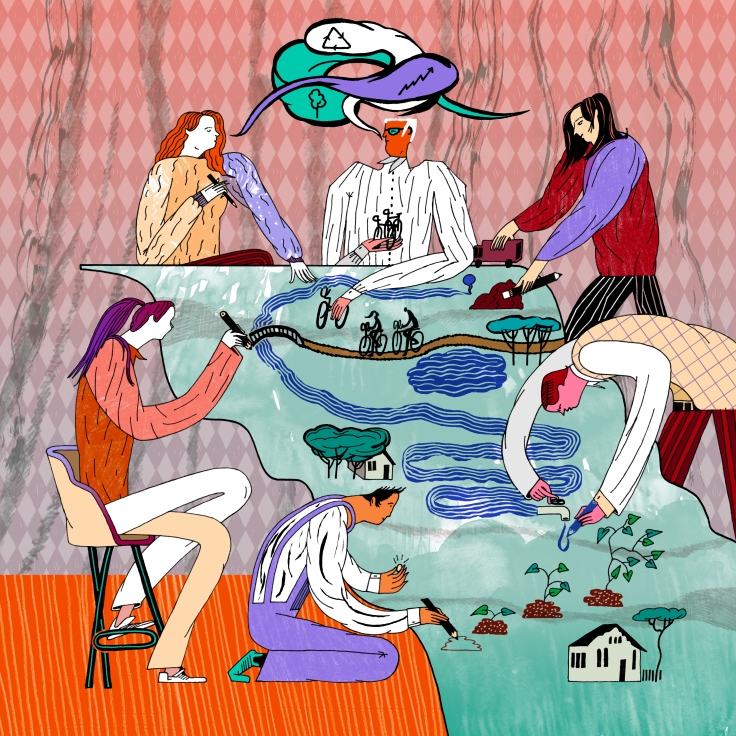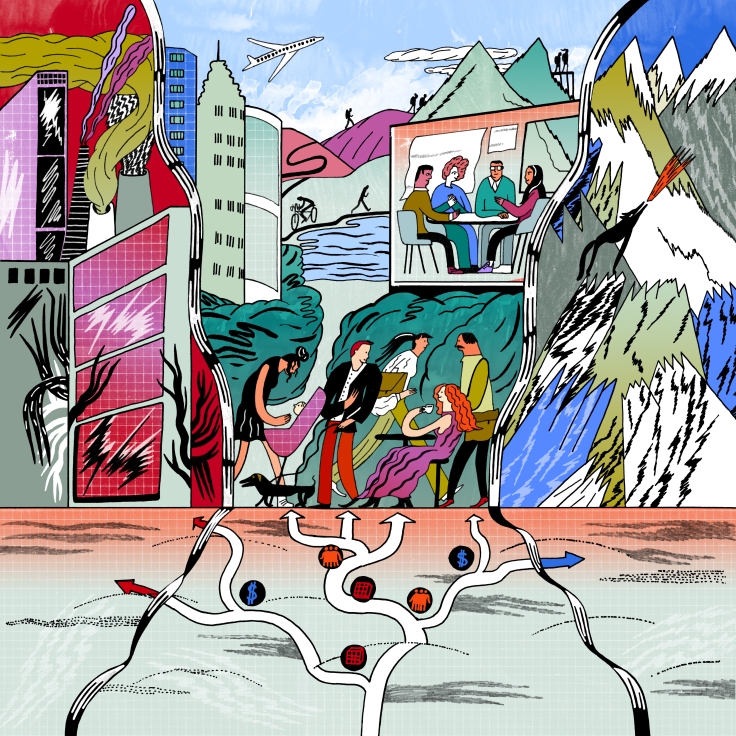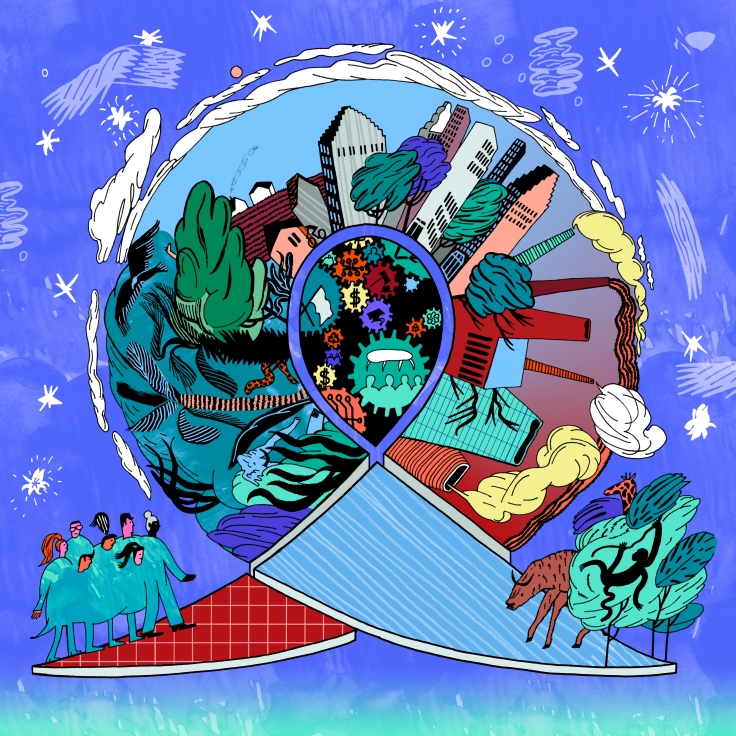We have recently launched a new project to prompt sustainability within the Czech Academy of Sciences. Here, we introduce our project: Mainstreaming Eco-Sustainability through CAS Activities (MESCAS).
What is MESCAS?
MESCAS is working to mainstream sustainability through our research and operational activities in departments and institutes of the Academy. Over this first year, we are working to identify examples of sustainability good practice across the Academy, and will be learning with a range of departments and institutes as they seek to improve their own sustainability. The experiences we gain and problems we encounter will be used to create recommendations to the CAS for unlocking broader sustainability change.
The project is supported by the Czech Academy of Sciences through their Strategy AV21 programme on Resilient Society. Strategy AV21 supports cross departmental work on the problems and challenges of contemporary society.
Why are we running MESCAS?
Research, even research on sustainability, has an environmental impact. We use energy to run buildings and equipment, and we travel for fieldwork, conferences and meetings. We also consume during our daily research days – lab consumables, food at meetings, office supplies and plenty of coffee. Our decisions around our consumption behaviours can have a significant impact, in our working lives just as in our home lives. For many of us academics, work travel is a significant contribution to our carbon footprints. Indeed, in recent years, research has shown that the carbon emissions can be 200 times smaller for an online conference, compared to an in-person conference.
As researchers working on sustainability topics, it is important to us that our work is also as sustainable as possible. As with all sustainable behaviour change, there are things we can do alone as individuals, and things that require broader change to the structures and systems we work within. For a number of years, there has been a bottom up initiative of interested and motivated researchers pushing for sustainability action across CAS to help them and their colleagues to be as sustainable as possible. This current project will work with this initiative and build on it. We hope to formalise some of the lessons about academic sustainability, and create support across a broader range of institutes and the central CAS.
How are we doing it?
In this first stage of the project, we will be running workshops with the aim to openly communicate about academic sustainability. We will bring together a range of volunteer departments and institutes to share their current progress and problems towards sustainability. We will support these volunteer institutes to push further with their actions, and will learn with them about the barriers and opportunities for doing so. In addition, we will open up communication with the broader organisations and people that shape academia here in the Czech Republic. We want to understand their motivations towards sustainability, and see how they might further foster sustainability across CAS.
When are we doing it?
Now. It is very clear that we all need to take action NOW to address climate change and biodiversity loss. We are all scientists, we can understand and listen to the science, and act. Now is also a good time to build on and learn from experiences from elsewhere. There are other academic sustainability initiatives working on similar projects across Europe (for example through ALLEA: The European Federation of European Academies of Sciences and Humanities). We hope to learn from them, and contribute our experiences to them. We also have the ideal moment to capitalize on coming back after pandemic closures. For the past couple of years, much of our academic work has been online, including conferences and workshops. While none of us want to spend our lives in pandemic working patterns, there are lessons to be learned to improve how we work with low carbon emissions.
So, starting now, and with this first phase running throughout 2022, we are having conversations, and sharing experiences across CAS institutes and departments.











